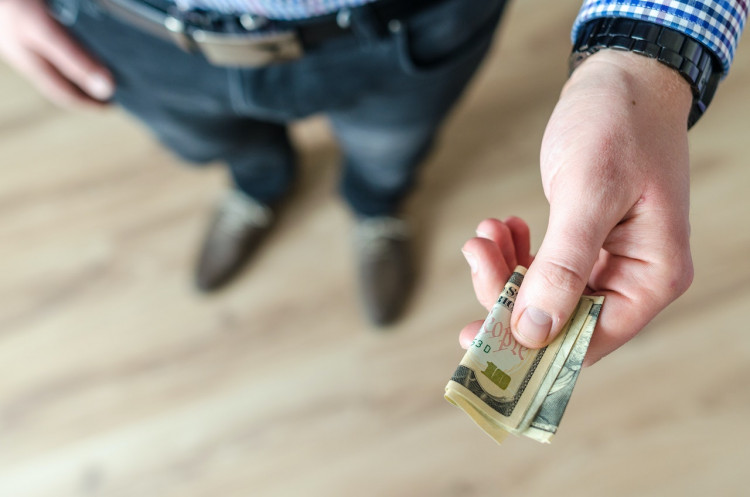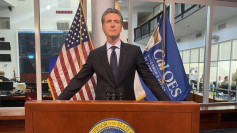Inflation has been devastating for consumers since 2021. And while the outlook is better now than it was at the midpoint of 2022, the January inflation report contained some less-than-stellar surprises.
The Consumer Price Index, which measures price changes for consumer goods and services, increased by 0.5% in January compared to December. This is a significant increase for a single month. It also explains why so many consumers continue to rack up credit card debt and struggle financially.
Now, an increase in inflation is the last thing anyone wants to hear. But, could this change result in a round of stimulus aid?
It is understandable why consumers would associate high inflation with stimulus aid. When living expenses are high, individuals are likely to struggle. As inflation continues to rise, stimulus checks may help individual Americans better manage the situation.
Historically, however, stimulus checks have not been used to target inflation. Rather, stimulus checks have typically been issued during periods of high unemployment and declining consumer spending. Today, we are not in such a circumstance.
In fact, the national unemployment rate has recently reached its lowest level in 54 years. In January, the economy added more than half a million jobs. These factors help explain why last month's inflation was so high. Due to a large number of employed individuals with disposable income, the price of goods and services rose.
Not only is inflation not typically a driver of stimulus checks, but sending money into American bank accounts at this time is likely to exacerbate the inflation problem. The reason we're in this inflation trap is that, for months on end, consumer demand has exceeded the supply of available goods and services. For inflation to decline, consumer spending must decrease.
But if the federal government continues to provide Americans with generous paychecks, they will not be motivated to reduce their spending. They would likely spend the money rather than save it, thereby contributing to the inflation problem and perpetuating it.
As a result, the idea of a stimulus check during the first half of 2023 should be abandoned. As the year progresses, it is possible that economic conditions will deteriorate and unemployment rates will rise. However, these are not things anyone should rely on or anticipate.
With time, inflation should begin to decline, especially if the Federal Reserve continues to raise interest rates, which is likely to occur in 2023. But for the time being, stimulus checks are not the solution to soaring inflation, despite their apparent utility. Those struggling to tighten their budgets and increase their income should join the gig economy. Currently, employment is abundant, and obtaining a second job is an excellent way to offset rising costs.





